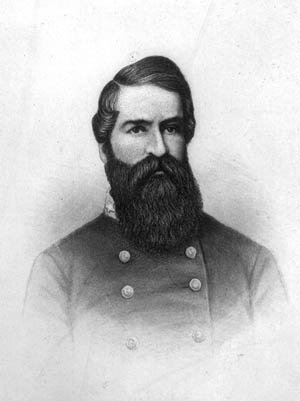
Confederacy
Confederate Cavalryman Turner Ashby
By Roy Morris Jr.Even in an army not lacking for larger-than-life figures, Confederate cavalry leader Turner Ashby stood out from the crowd. Read more

Confederacy
Even in an army not lacking for larger-than-life figures, Confederate cavalry leader Turner Ashby stood out from the crowd. Read more
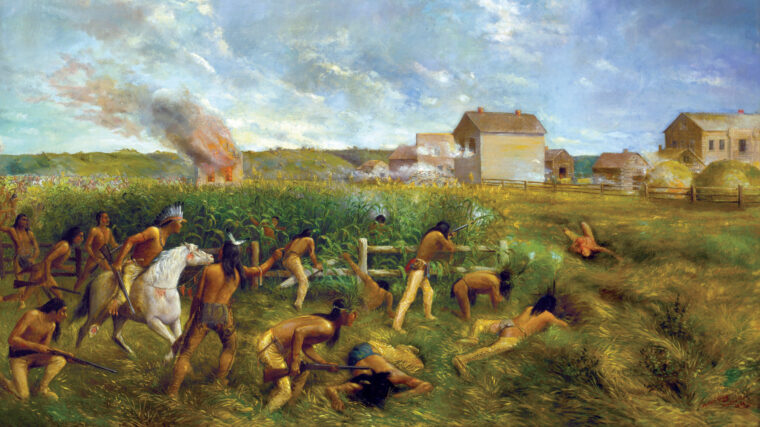
Confederacy
Shortly after midnight on the morning of Monday, August 18, 1862, an uneasy group of Santee Sioux warriors arrived at the simple frame home of Taoyateduta, known to the whites as Little Crow. Read more
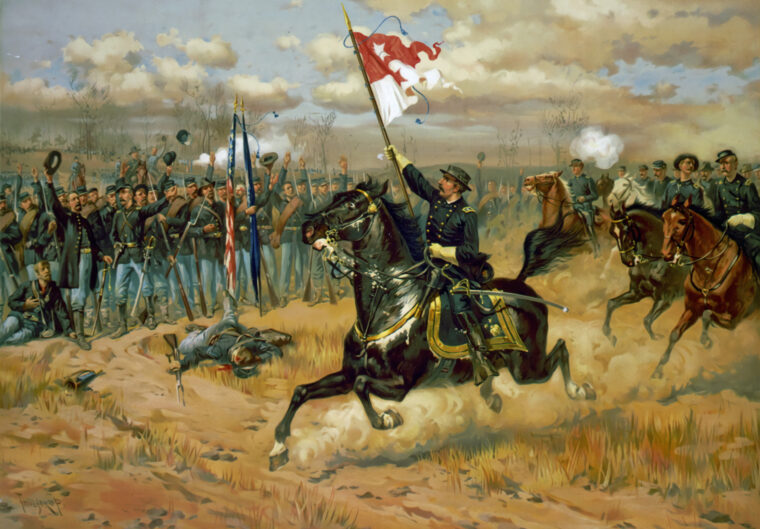
Confederacy
The continued presence of a handpicked French puppet emperor in Mexico, which had so worried the Lincoln administration during the Civil War, remained a sore point with American political and military leaders after the Union victory in 1865. Read more
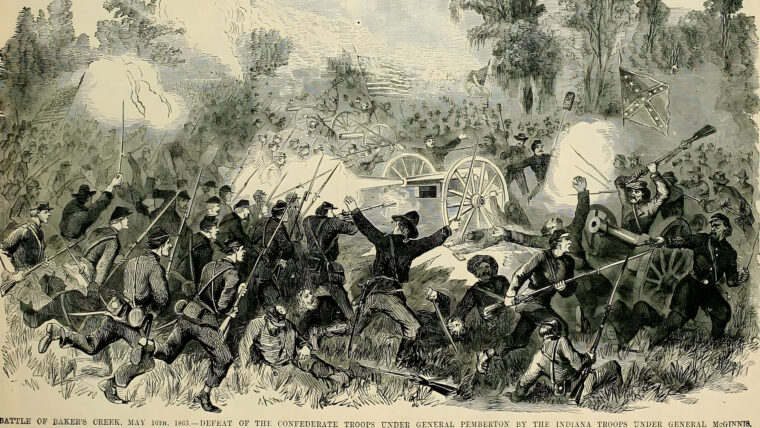
Confederacy
When Confederate general John Bell Hood assumed command of the embattled Army of Tennessee at Atlanta in mid-July 1864, he was already grievously wounded in both body and spirit. Read more
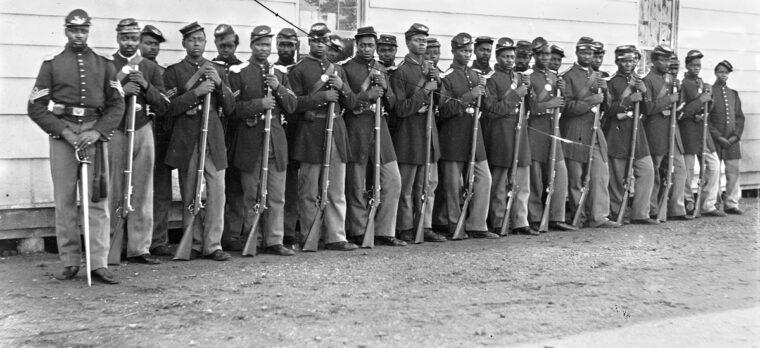
Confederacy
Although several overzealous Union Army field commanders organized African Americans into ad hoc militia units early in 1862 and several black regiments were mustered into service later that year, it wasn’t until after President Abraham Lincoln’s Emancipation Proclamation took effect on January 1, 1863, that the federal government began actively recruiting and enlisting black soldiers and sailors. Read more
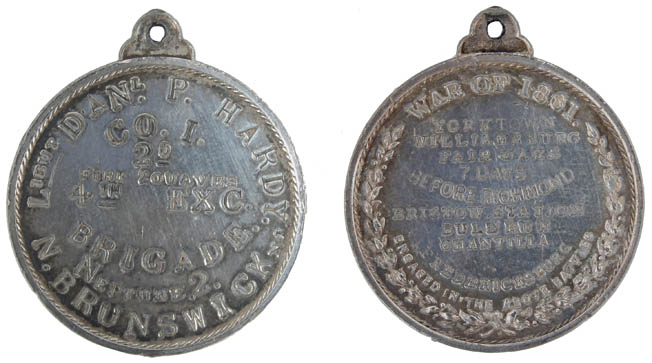
Confederacy
The American Civil War may well have been the first major conflict in which soldiers felt the need to wear some sort of a personal identification badge in the event that they were killed or wounded in battle. Read more
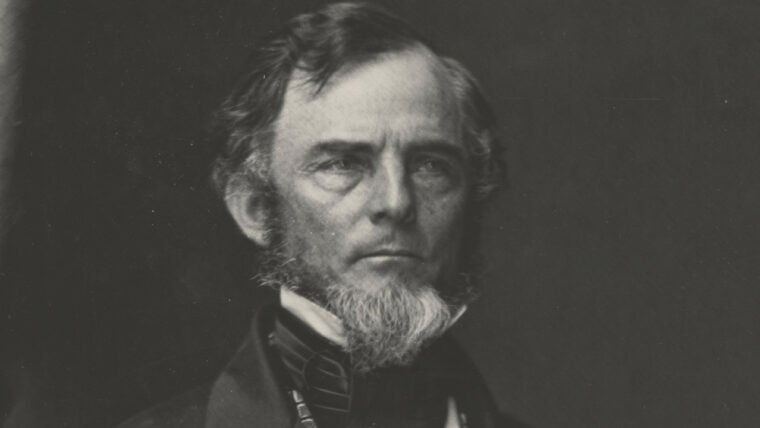
Confederacy
Few Mexican War generals fought more battles than Tennessee-born Gideon Pillow—the problem was that many of those battles were with his own superiors. Read more
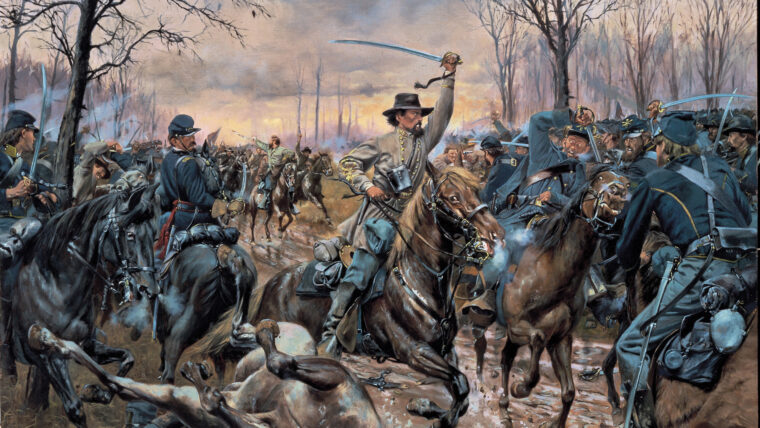
Confederacy
With the fall of Vicksburg in the first week of July 1863, the strongest remaining Confederate presence in Mississippi was a recently thrown together force of 26,000 soldiers under General Joseph E. Read more

Confederacy
Our cause is on the advance—our star in the ascendant. The tide is swelling in our favor: shall we take it at its flood…? Read more
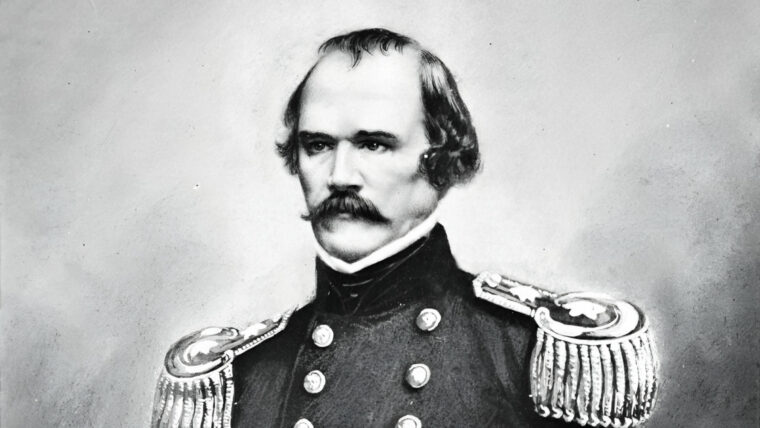
Confederacy
Confederate President Jefferson Davis considered his old West Point classmate Albert Sidney Johnston “the greatest soldier, the ablest man, civil or military, Confederate or Union, then living,” and it is safe to say that no other general in either army began the Civil War with a more glittering—or fleeting—reputation. Read more
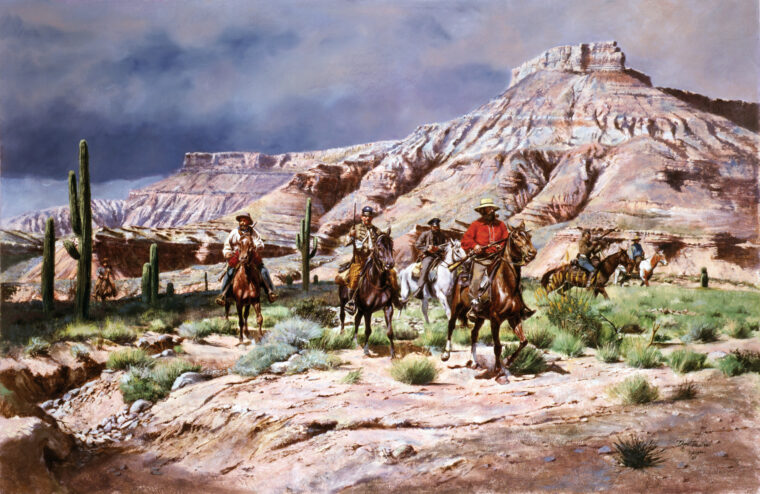
Confederacy
In June 1861, two months after Confederate artillery fired on Fort Sumter to begin the Civil War, 44-year-old, Louisiana-born Henry H. Read more
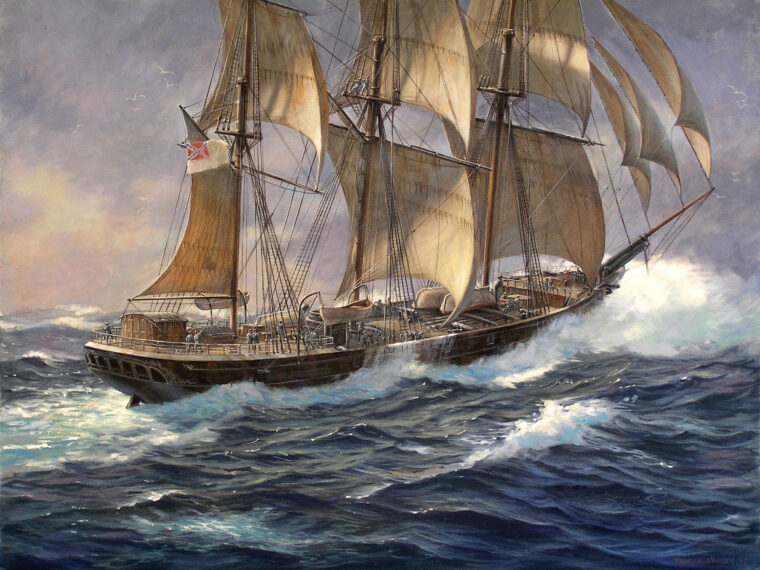
Confederacy
The River Mersey was fog shrouded on the morning of November 6, 1865, and the city of Liverpool was scarcely visible from the deck of the CSS Shenandoah. Read more
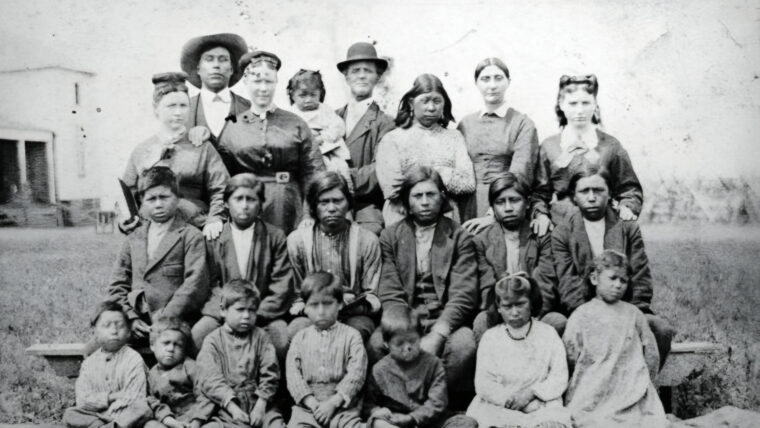
Confederacy
While many Cherokee, Choctaw, and Chickasaw Indians threw in their lot with the Confederacy, fighting alongside southern troops at the Battle of Pea Ridge in March 1862, a more northern-based tribe—the Ottawa—chose to remain loyal to the Union, in the forlorn hope that its willingness to fight for the white men’s country would help preserve its increasingly imperiled way of life. Read more
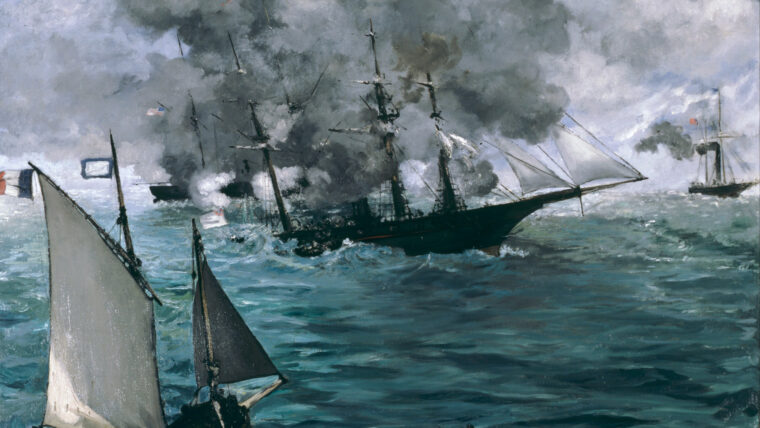
Confederacy
The CSS Alabama went to her watery grave on June 19, 1864, off the coast of France, but the lingering effects of her wartime successes made naval history: she continued to haunt the American and British governments for years to come, embroiling the two English-speaking nations in a legal test of wills that would last well into the next decade. Read more
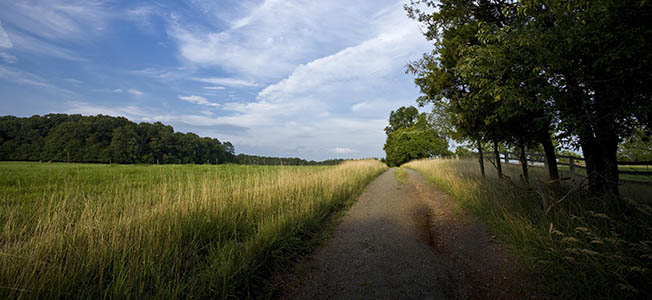
Confederacy
The first thing that strikes a visitor to Henry Hill at Manassas National Battlefield Park is the spectacular view. Read more